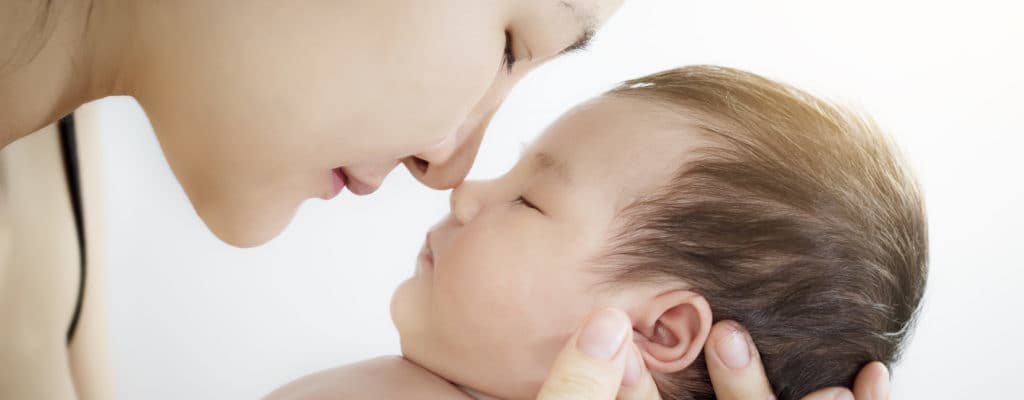
Today, most women often take the initiative in childbearing age to be more secure physically and mentally. However, they do not know that the increased age entails potential risks to the fetus in the womb.
To better understand the cause of this problem as well as how to get pregnant when you are over the age of 30, let's learn with aFamilyToday Health through the following article!
Does it take longer for older women to conceive?
Whether or not to get pregnant quickly will depend on your age. Women between the ages of 20 and 24 are most likely to get pregnant. However, when you are 30 years old or older, conception will take longer and you may have problems conceiving.
More than 80% of couples will conceive within a year if they stop using the method of contraception and have regular sex. Having regular sex about 2–3 times a week will increase your chances of getting pregnant.
About half of women who are not pregnant in the first year will conceive the next year, with a pregnancy rate of 92 percent within two years. Pregnancy rates for women aged 30–34 years and 35–39 years are relatively similar, with 94% and 90% respectively over two years.
Since natural conception rates are time dependent, many experts recommend that you only seek the help of a doctor if you have not conceived after a year of regular sex (2–3 times). a week). But if you are over 35 years old and find that your chances of getting pregnant don't seem to be high, it's best to see your doctor as soon as possible.
Why is the birth rate so fast?
The two most common causes of infertility are ovulation problems and obstruction of the fallopian tubes due to infection. Ovulation problems can happen as you get older because:
You only have a few good-quality eggs left, which makes it more difficult to conceive. The number of eggs you store in your ovaries decreases with age.
Some women go through menopause earlier than normal and stop ovulating before they are 40 years old. Your menstrual cycle may be less or less dense, making ovulation increasingly irregular as well.
A fallopian tube blockage can be caused by an infection or another condition. So no matter your age, if you're trying to get pregnant, you need to take care of yourself, both in terms of sexual health.
Older women are often exposed to an untreated medical condition. For example, an untreated Chlamydia infection will develop pelvic inflammatory disease, which clogs fallopian tubes. This prevents complete fertilization or increases the likelihood of an ectopic pregnancy .
Conditions that may affect fertility include
♦ Endometriosis causes fallopian tubes to thicken with scar tissue. If you have this condition, it gets worse as you get older. The fallopian tube damage also increases the risk of ectopic pregnancy.
♦ Uterine fibroids that are common in women over 30 years old can cause fertility problems in some women. In addition, being overweight makes it more difficult to get pregnant.
What will help you get pregnant?
You always keep the spirit of comfort and relaxation, do not let the pressure to have children affect your psychology. You also need to have sex 2–3 times a week without using any contraception. In addition, you should read the articles on aFamilyToday Health about how to prepare for pregnancy.
However, you need to see your doctor early if you have any of the following:
Have a history of menstrual irregularities;
Polycystic chamber syndrome;
Sexually transmitted diseases;
Your husband has a fertility problem.
Getting pregnant as you get older can be difficult and make you feel anxious. Hopefully the information that the article provides will help you feel more secure and have good news quickly!












